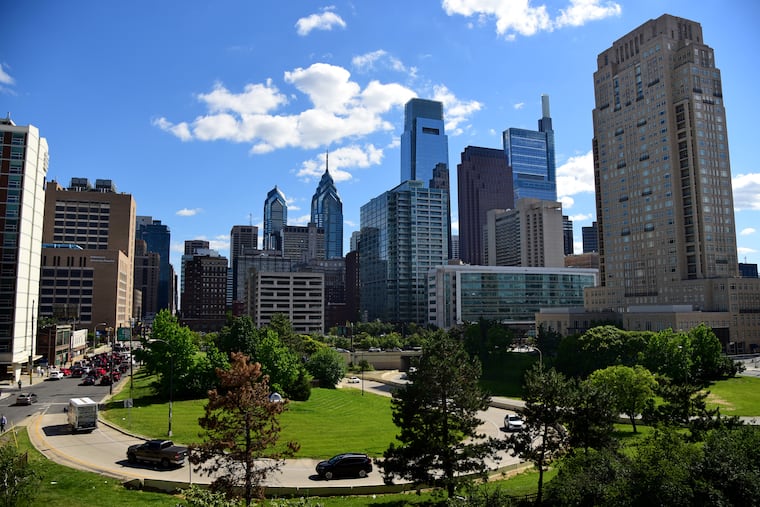Should city’s financial watchdog go to the old dog’s home? | Editorial
To save Philadelphia from bankruptcy in 1991, Pennsylvania created a special authority that sold 30-year, state-backed bonds worth $1.1 billion and raised the city's wage tax to pay them off. The payoff ends in 2023. Might it mean a tax rate reduction?

The Pennsylvania Intergovernmental Cooperation Authority has a clunky name. Its acronym — PICA — is the same as that of a compulsive eating disorder. And the optics of the authority aren’t so hot, either: As Harrisburg’s special overseer of Philly’s budget, PICA is akin to a nanny caring for an irresponsible child. But the authority also is rightly credited with helping pull the city back from the edge of a fiscal abyss in the early 1990s, when bankruptcy loomed, residents and businesses were fleeing in droves, and future urbanist millennials were still being born.
Created by the Pennsylvania legislature in 1991, the same year Ed Rendell — viewed by many (himself among them) as Philly’s maestro of miracles — was elected mayor, PICA helped the city get its profligate spending under control by, among other things, requiring five-year budget plans and ensuring City Hall had the money on hand to pay for proposed contract settlements with labor unions. PICA also regularly analyzes expenditures, such as police overtime, which the authority recently reported could be reduced by $7 million through procedural and technological changes.
But unless lawmakers decide to prolong the life of PICA, it will automatically go out of business in 2023. So now is a good time to start talking about whether to end, extend, or amend-and-extend PICA.
Allowing the PICA Act to sunset as originally intended would be a shared statement of confidence by city and state that City Hall is capable of handling its budget without extraordinary supervision. PICA’s end also would signal that Philadelphia, with a resurgent core ringed by (mostly) rising neighborhoods, is no longer a declining, much less, dying, city, notwithstanding its nearly 26 percent poverty rate. A return to home rule can provide a genuine boost, as the end of state control of the city’s public schools last year showed.
» READ MORE: Why Did Ed Rendell Fizzle Out?
The Inquirer’s Sean Collins Walsh reported in July that debate about PICA’s future is underway, with City Councilman Derek Green to hold hearings; politician-turned-historian Sam Katz, a former PICA chairman, calling a sunset “absurd';” and the administration of Mayor Jim Kenney describing continued oversight as beneficial. However, some officials see PICA’s appointed board as having become much less isolated from politics in recent years, and Rendell declared that the era of state oversight is "over.”
PICA’s end could be a chance to increase Philly’s competitiveness by reducing the city wage tax, currently the nation’s highest. Nearly half of the 3.88 % tax imposed on the wages of city residents goes to PICA for debt payments on the $1.1 billion in 30-year state-issued bonds that helped Philly avoid bankruptcy. The debt will be paid off by June 30, 2023, but the city has come to depend on tens of millions from the levy’s PICA portion to fund city operations. So larger policy questions — such as coming up with an overall tax strategy — would have to be worked out before any substantial wage tax reduction could be seriously considered.
But we’re not there yet. There is time to ensure that the much-needed conversation about the future of PICA includes the future of the wage tax as well.